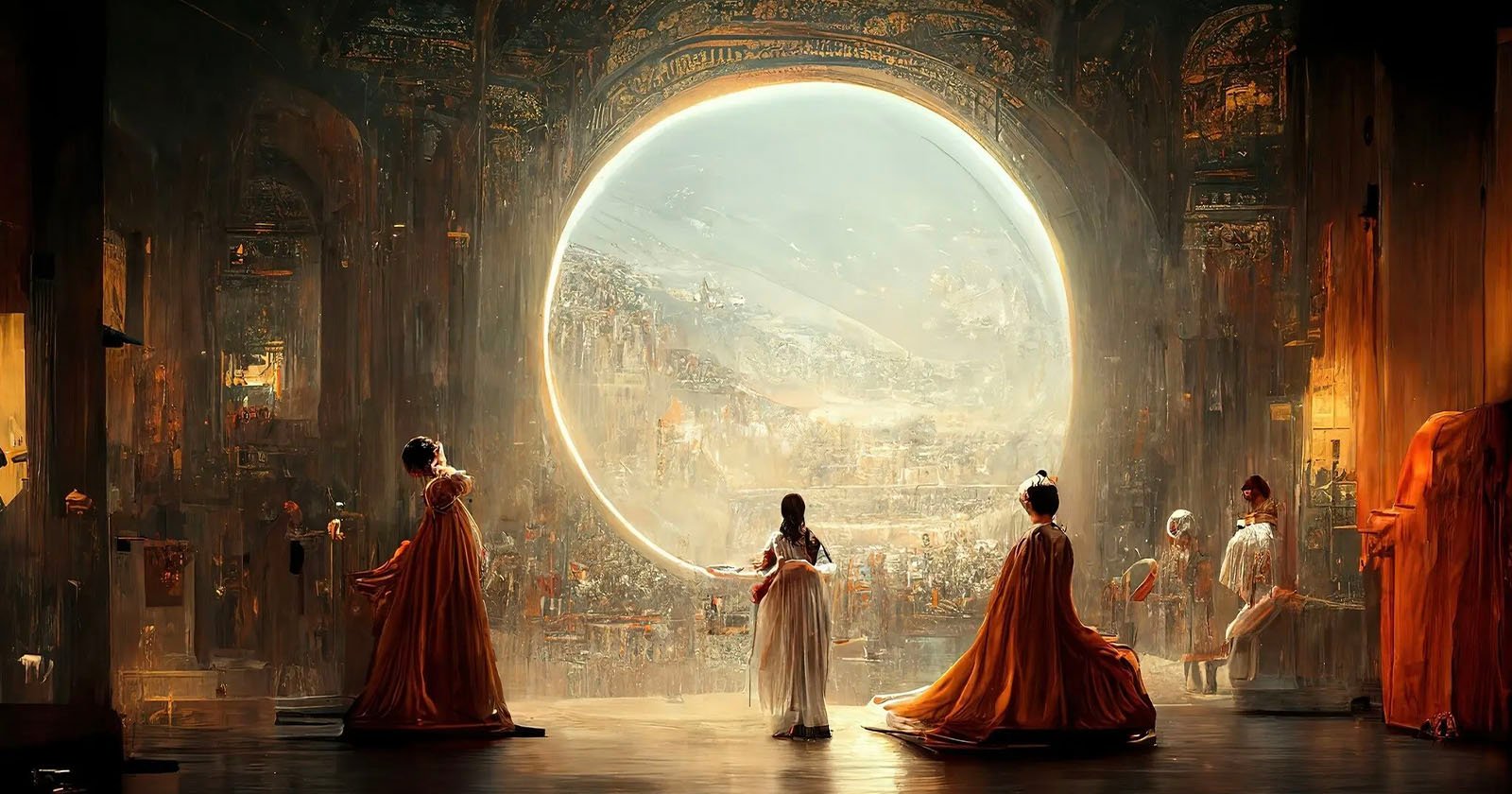An artist who infamously duped an art contest with an AI image is suing the U.S. Copyright Office over its refusal to register the image’s copyright.
In the lawsuit, Jason M. Allen asks a Colorado federal court to reverse the Copyright Office’s decision on his artwork Theatre D’opera Spatialbecause it was an expression of his creativity.
Reuters says the Copyright Office refused to comment on the case while Allen in a statement complains that the office’s decision “put me in a terrible position, with no recourse against others who are blatantly and repeatedly stealing my work.”



If you didn’t make it, how the fuck can it be stolen from you?
Machine output cannot be copyrighted. Whether prompt tweaking and the other stuff involved in making AI art is enough for something to not be considered machine output is still to be decided by the courts.
How much of it does he have to make in order for it to ‘count’ in your mind?
He spent weeks on fine tuning tbf
It’s like photography: Photographers often spend weeks trying to get the perfect shot, should they be allowed to copyright it?
Another thought experiment: If I hire an artist and tell them exactly what they should draw, which style they should use, which colours they should use etc does 100% of the credit go to the artist or am I also partly responsible?
According to these people, YOU become the artist, AND the AI is the artist.
Normally, if you’re commissioning a piece of art for commercial purposes, you would have some sort of contract with the artist that gives you the copyrights. Otherwise, the copyright belongs to the artist that produced the work, even if you buy the product.
Then there needs to be a copyright ownership agreement between the artist in the article and the artists’ whose work was used to train the AI…
But does the artist get 100% of the credit? Ignoring copyright for now, this is just a thought experiment, who’s getting how much credit?
There is no legally defined basis for “who gets credit.” An artist is not a tool that you used to produce art. The artist produced the artwork. They own the artwork and copyrights (that is, the right to make and distribute copies) unless there is some legal arrangement that says otherwise. The fact that you paid them and told them what to do, by itself, means nothing in a legal context. That’s why, if you’re paying an artist to do creative work, or if you’re an artist being paid to do creative work, you should always have a contract that defines, among other things, what everyone’s rights are with regard to the final product.
If I order an art piece by someone, and reject thousands of finished pieces for it to not meet my standards, will i become an artist?
According to anyone in the Stable Diffusion communities, yes. And as a matter of fact, because I responded to you, I am now a novelist.
If I take lots of photos, print out and frame one of them but delete the others, will I become an artist?
you see here the thing is “I Take” you did the thing,
What about “I Generate”?
your not doing the work, you are telling the computer to do the work based on words you typed in, at best you could argue you own the copyright to the prompt you typed in, but not to what the computer generated. You did not generate, the computer generated
How is that meaningfully different from “the camera generated”? Both result in a full image from a single input.
“you’re not doing the work, you are telling the camera to do the work based on a setting you found / created, at best you could argue you own the copyright to the setting, but not to what the camera captured. You did not take a photo, the camera took it”
If I order an photograph by someone, and reject thousands of finished pieces for it to not meet my standards, will i become a cameraman?
Weeks? That shit can be done in mere minutes.
https://petapixel.com/2022/09/01/ai-generated-artwork-wins-first-place-at-state-fair-enraging-artists/
He’s still not an artist.
While some just snap a photo. And both are equally copyrightable